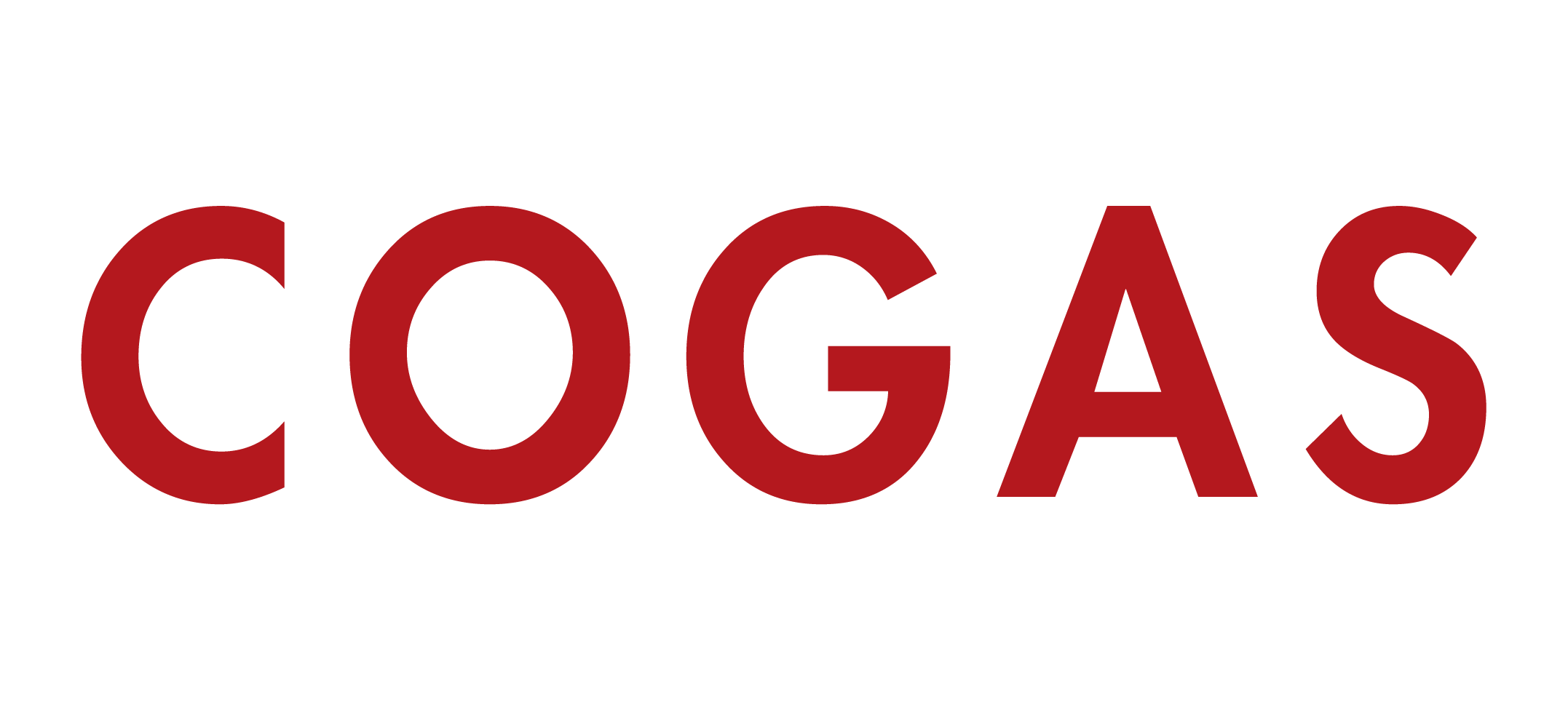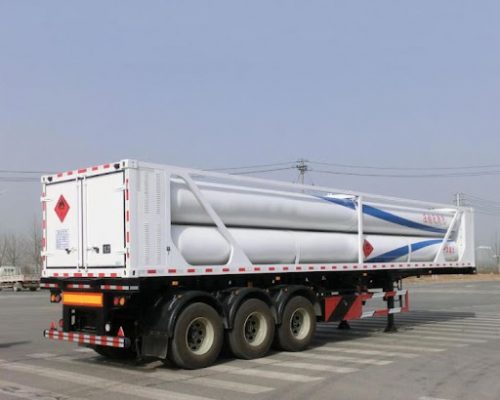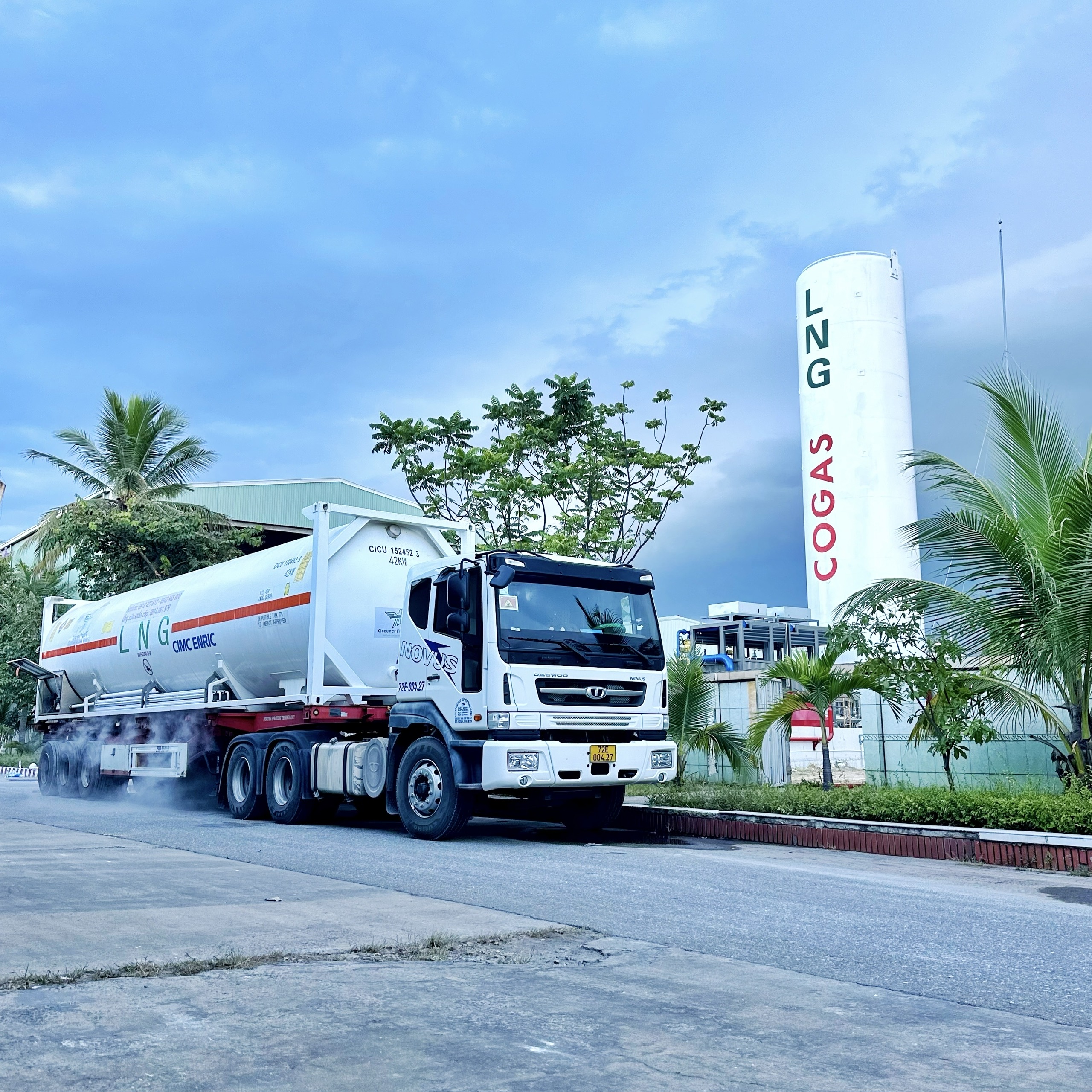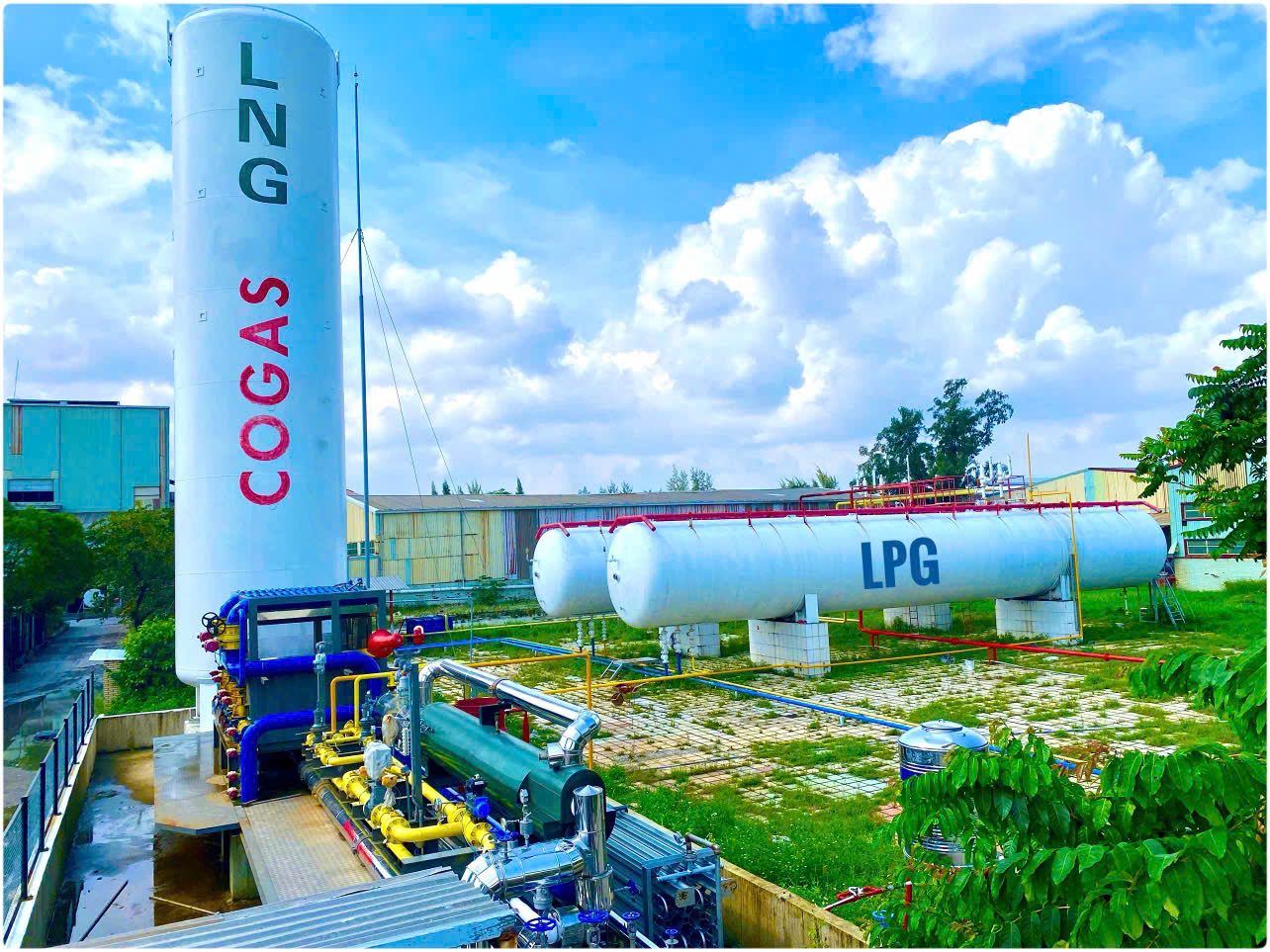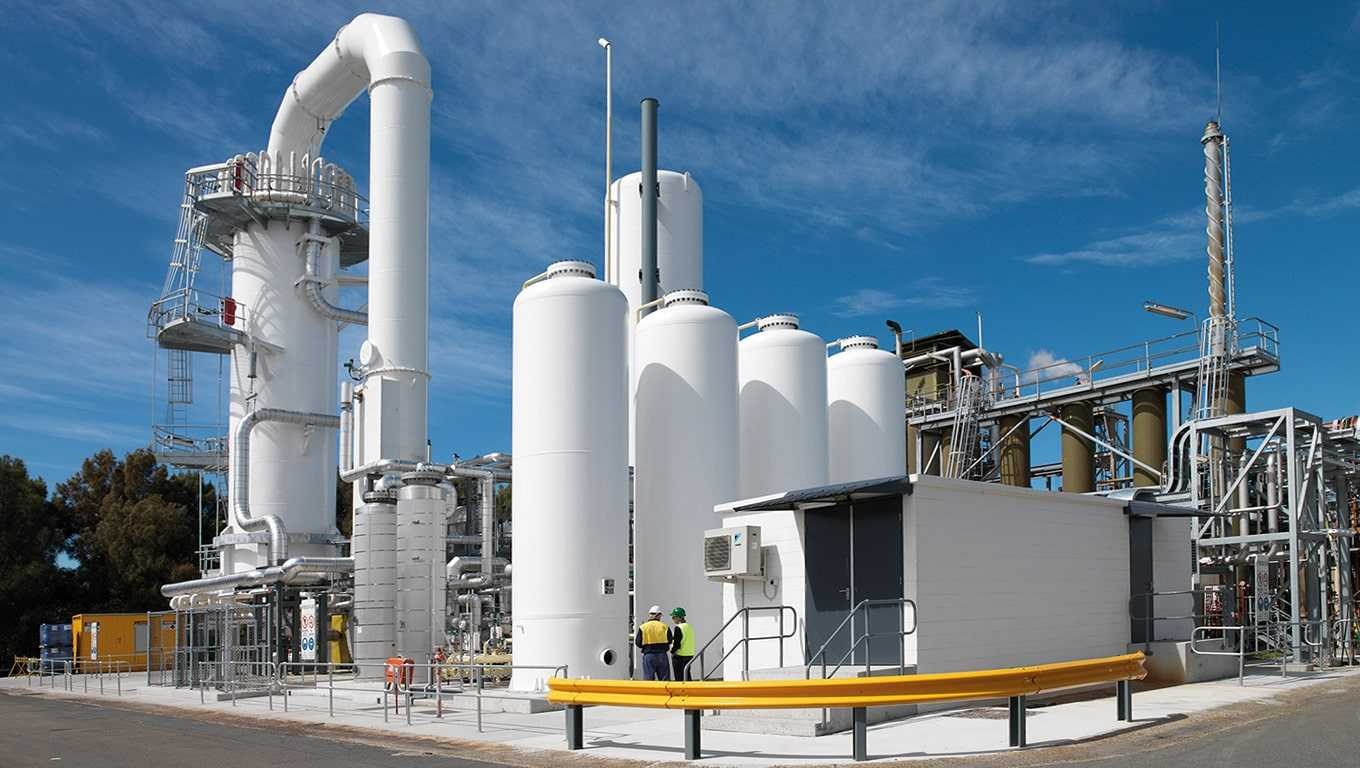CNG (Compressed Natural Gas)
CNG is natural gas, mainly methane (CH₄), compressed at high pressure (200-250 bar) to reduce its volume to approximately 1/300 of its regular gaseous state.
Advantages:
- Environmentally friendly:
- Clean combustion, lower emissions of CO₂, NOₓ, and free from SO₂.
- Safety:
- Lighter than air, disperses easily if leaked, reducing fire and explosion risks.
- Economical:
- More cost-effective than gasoline or diesel for many applications.
- Energy efficiency:
- High performance in engines designed for compressed gas.
Disadvantages:
- High-pressure requirements:
- Requires high-pressure storage systems, leading to higher investment costs.
- Limited usage areas:
- Most suitable for regions with established CNG refueling infrastructure.
- Lower energy density:
- Lower energy density compared to LNG and liquid fuels like gasoline or diesel.
CNG is a clean and efficient energy solution that aligns with emission reduction goals and cost savings, particularly in transportation and industrial applications.
